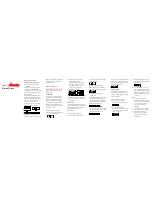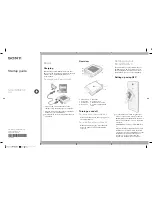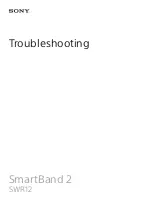
3
provider for more information.
•
Pacemaker manufacturers recommend that a minimum distance of 15 cm be maintained between a
device and a pacemaker to prevent potential interference with the pacemaker. If using a pacemaker,
hold the device on the side opposite the pacemaker and do not carry the device in your front pocket.
• Keep the device and the battery away from excessive heat and direct sunlight. Do not place them on or in
heating devices, such as microwave ovens, stoves, or radiators.
• Observe local laws and regulations while using the device. To reduce the risk of accidents, do not use
your wireless device while driving.
• To prevent damage to your device's parts or internal circuits, do not use it in dusty, smoky, damp or
dirty environments or near magnetic fields.
• Do not use, store or transport the device where flammables or explosives are stored (in a gas station,
oil depot, or chemical plant, for example). Using your device in these environments increases the risk
of explosion or fire.
• Dispose of this device, the battery, and accessories according to local regulations. They should not
be disposed of in normal household waste.Improper battery use may lead to fire, explosion, or other
hazards.
• The device has undergone testing and has demonstrated water and dust resistance in certain
environments.
• The device has a built-in, non-removable battery, do not attempt to remove the battery, otherwise the
device may be damaged. To replace the battery, take the device to an authorized service center.
• If the battery leaks, ensure that the electrolyte does not make direct contact with your skin or eyes. If
the electrolyte touches your skin or splashes into your eyes, immediately flush with clean water and
consult a doctor.
• When charging the device, make sure the power adapter is plugged into a socket near the devices and
is easily accessible.
• Unplug the charger from electrical outlets and the device when not in use.








































